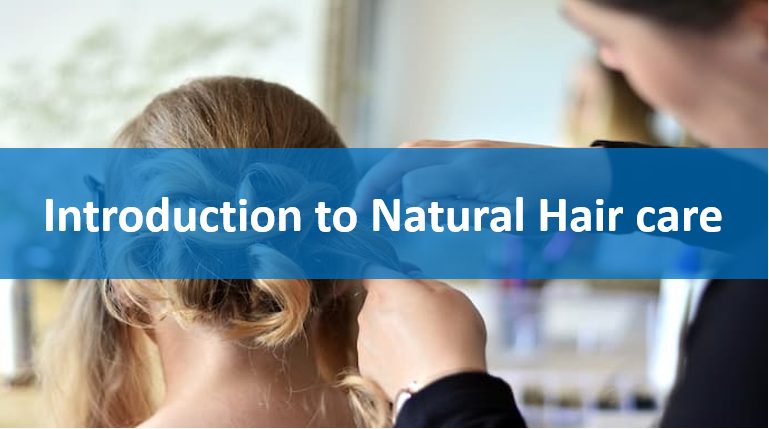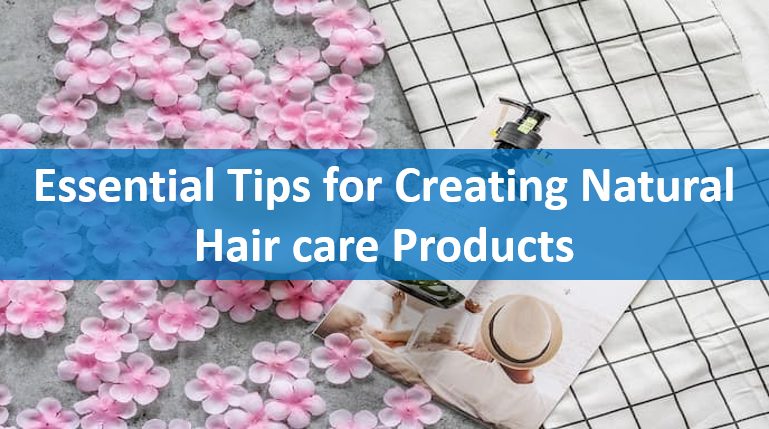
- HOME
- Cosmetic OEM Lab
How to Create Natural Hair care.
Key Tips to Consider When Developing Natural Hair care Products.
In recent years, there has been a significant shift in consumer behaviour towards natural products, and the haircare industry is no exception. With more people becoming conscious of what they put on their bodies, natural haircare products have become a highly sought-after market. Whether you’re a business owner or a natural haircare enthusiast, attracting consumers with effective natural hair care tips can significantly boost your brand. In this article, we’ll cover essential tips and insights on how to develop and promote natural hair care products that consumers love.
Contents

In recent years, a variety of hair care products have appeared on the market, and consumers have increasingly focused on natural hair care products. Natural haircare achieves the effect of nourishing hair health through plant or herbal extracts, while reducing the burden of chemicals or additives on the hair and scalp.
Natural haircare products are formulated with ingredients derived from nature, such as plants, minerals, and naturally occurring compounds. These products avoid harsh chemicals, synthetic fragrances, and artificial colorants, focusing instead on nurturing the hair and scalp with wholesome ingredients like essential oils, herbal extracts, and natural butters.
The primary difference between natural and synthetic hair care lies in the formulation. Synthetic haircare products typically contain chemical ingredients such as silicones, sulphates, and synthetic fragrances, which can provide immediate, temporary effects but may cause long-term damage to the hair and scalp.
Natural haircare, on the other hand, emphasizes nourishing the hair from the inside out. Instead of masking hair issues, it focuses on promoting the overall health of the hair and scalp, using gentle ingredients like argan oil, shea butter, and aloe vera.
Pros of Natural Hair care:
Cons of Natural Hair care:
Despite these drawbacks, many consumers prefer natural hair care due to its long-term benefits and sustainability.

As consumers’ awareness and preference for healthy and eco-friendly alternatives continue to grow, the demand for natural haircare products has significantly increased. Consumers are becoming more aware of the potential harm caused by synthetic chemicals in personal care products. This preference for safer, natural ingredients has opened up a vast market for natural hair care products. Natural haircare products typically emphasize sustainability, using biodegradable ingredients and environmentally friendly production methods, which greatly reduces the environmental impact compared to traditional products.
Consumers are increasingly concerned about the ingredients in the products they use. With growing awareness of the potential risks associated with synthetic chemicals, many people are turning to natural alternatives for a safer, more holistic approach to haircare. They’re looking for clean products that not only make their hair look good but also improve its health over time.
Natural haircare products typically have a lower environmental impact compared to synthetic ones. Many natural brands prioritize sustainable sourcing, cruelty-free testing, and eco-friendly packaging. As environmental concerns rise, offering eco-conscious haircare can significantly boost your brand’s appeal to the growing number of eco-minded consumers.
The global natural haircare market has experienced rapid growth in recent years. With the demand for clean beauty products on the rise, brands that focus on natural ingredients are gaining market share. Developing a natural hair care line can help your business tap into this expanding market and meet the growing consumer demand for clean, green products.

Natural haircare products are formulated with a variety of plant-based and organic ingredients that provide gentle care while addressing specific hair concerns. These ingredients offer natural solutions for various hair needs, from moisture and shine to scalp health and hair growth. Here are some commonly used ingredients:
Natural oils are a cornerstone of natural hair care products. Some of the most popular include:
Essential oils not only add fragrance but also offer therapeutic benefits for the hair and scalp:

As a brand looking to develop natural hair care products for the first time, how should you go about it? We have compiled some basic tips for your reference.
Understanding your target market is crucial. Are your customers looking for products to enhance their curls, promote hair growth, or combat dandruff? Knowing their specific needs will guide your ingredient choices and product formulations.
Select botanical ingredients that align with the needs of your target customers. For instance, if your customers struggle with dry hair, focus on moisturizing ingredients like shea butter and coconut oil. If they’re looking for growth-boosting products, consider ingredients like peppermint oil and rosemary extract.
Natural haircare products can range from shampoos and conditioners to hair masks and oils. Decide which products to develop based on consumer demand and market trends. You could also create a complete hair care regimen to cater to different stages of hair care.
If you’re outsourcing production, choose an OEM (Original Equipment Manufacturer) with experience in natural hair care products. Ensure that they follow clean beauty standards and use high-quality natural ingredients in their formulations.

Creating effective natural haircare products requires a deep understanding of your consumers’ needs, the right botanical ingredients, and a commitment to sustainability. By offering solutions to common hair problems with natural, eco-friendly products, you can attract a growing number of health-conscious and environmentally aware consumers. Whether you’re focusing on moisturizing dry hair, promoting growth, or soothing scalp issues, the demand for natural haircare products is on the rise, offering a lucrative opportunity for brands willing to embrace this clean beauty movement.
For further information, please contact us.